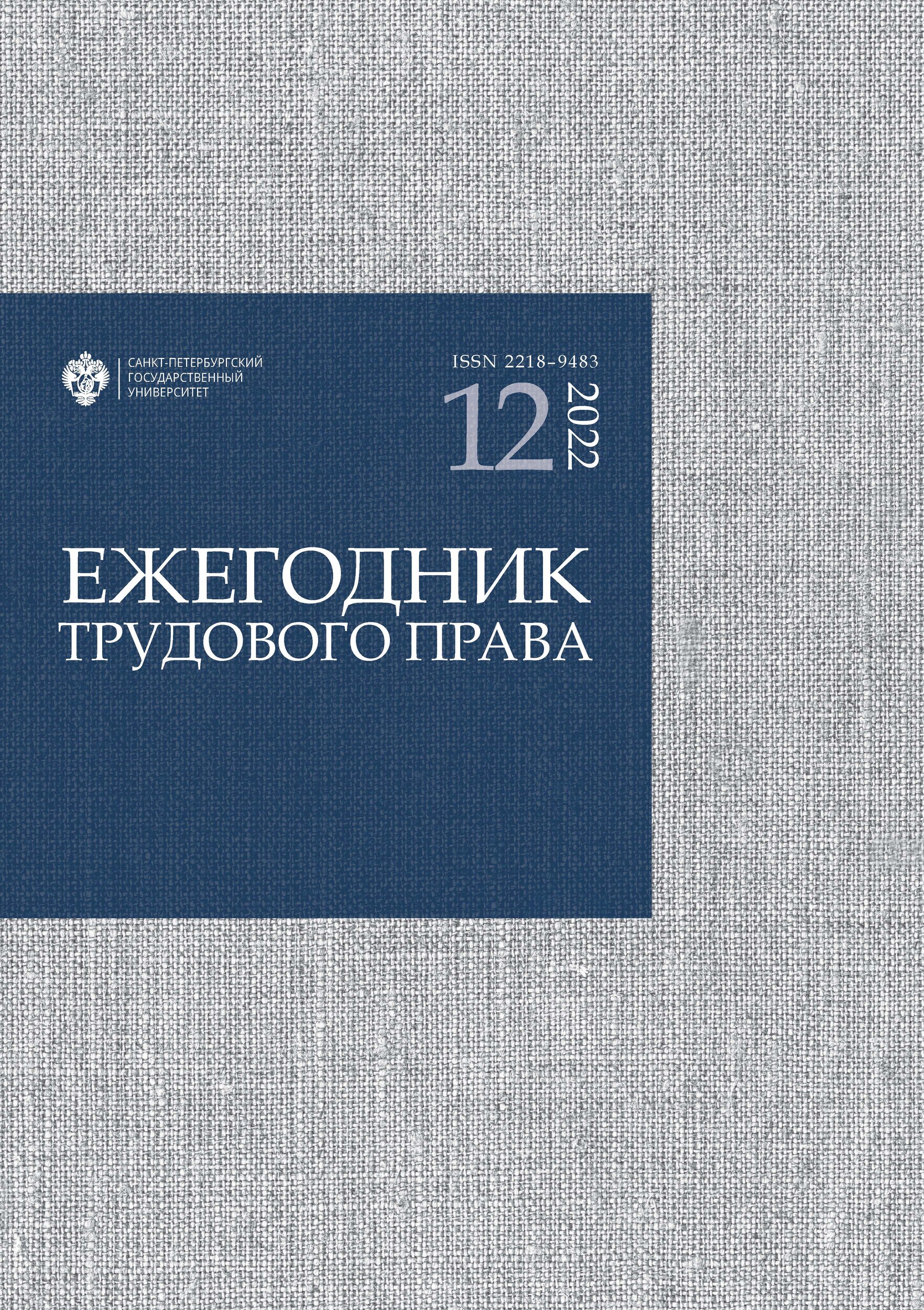Measures aimed at supporting families during the COVID-19 pandemic in Italy
DOI:
https://doi.org/10.21638/spbu32.2022.104Abstract
This article provides an overview of the main measures adopted by the Italian government to support families during the COVID-19 pandemic. The package of measures included the extension of possibilities to take paid or unpaid parental leave, monetary allowances, and incentives to use remote work. These measures are aimed at ensuring safe working conditions and curbing the spread of the virus, supporting family incomes, as well as maintaining overall economic stability, and avoiding mass layoffs and interruptions in the provision of basic services. Thus, extraordinary parental leave is granted to a wider range of people than “standard” leave, and it provides a higher amount of payments with protection during the leave period from dismissals and with the preservation of the workplace. In cases where the use of leave is not possible, as an alternative measure, funds are provided to pay for child care, and they can be paid during the period of annual paid leave, maternity leave, and parental leave, but they are not provided for remote work and suspension from work. One of their most popular tools is the transfer to remote work, which allows you to ensure the continuity of work in a safe environment and guarantee the combination of work with personal life. All these measures make it possible to compensate for the lack of public and private educational and childcare services, as well as to provide economic support to parents.
Keywords:
COVID-19 pandemic, extraordinary parental leave, child-minding bonus, disability, remote work
Downloads
References
Библиография/References
Busilacchi, Gianluca. 2020. “Le misure di contrasto alla povertà durante l’emergenza COVID-19.” Politiche Sociali, Social Policies 2: 325–330. https://doi.org/10.7389/97994.
Casadei, Christina. 2020. “Gli smart worker sono (e saranno) più di 5 milioni, si fanno avanti anche PA e PMI. ” Il Sole 24 Ore. 3 novembre. Accessed January 18, 2021. https://www.ilsole24ore.com/art/gli-smart-worker-sono-e-saranno-piu-5-milioni-si-fanno-avanti-anche-pa-e-pmi-ADPxPvz?refresh_ce=1.
Della Ratta-Rinaldi, Francesca, Francesca Gallo, e Sabbatini, Alessia. “Il lavoro da remoto. Potenzialità e pratica prima e durante la pandemia da Covid-19.” Rassegna Italiana di Sociologia 2: 487–520. https://doi.org/10.1423/101547.
Naldini, Manuela. 2021. “Welfare per le famiglie e Covid-19.” Politiche Sociali, Social Policies 1: 177–181. https://doi.org/10.7389/100594.
Turrin, Matteo, 2021. “La tutela dei lavoratori fragili nel diritto dell’emergenza epidemiologica da COVID-19 e oltre.” LavoroDirittiEuropa 2: 1–26.
Downloads
Published
How to Cite
Issue
Section
License
Articles of "Russian Journal of Labour & Law" are open access distributed under the terms of the License Agreement with Saint Petersburg State University, which permits to the authors unrestricted distribution and self-archiving free of charge.




